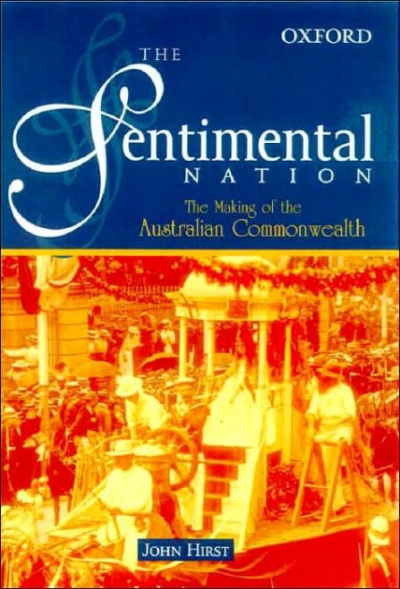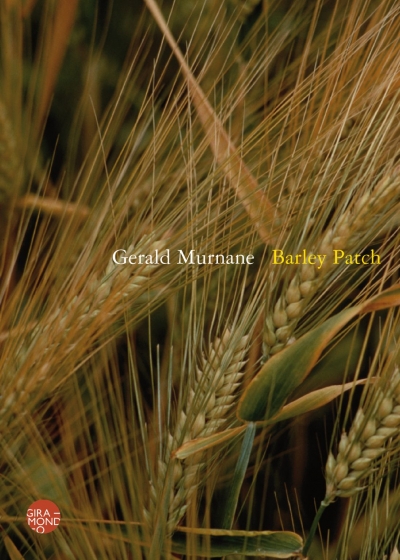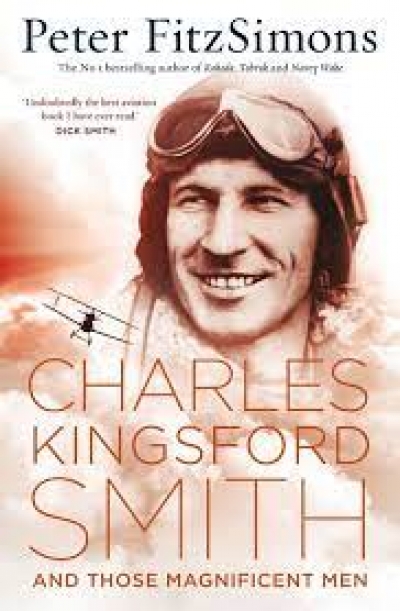The Pulling: Essays by Adele Dumont
In the year of my birth, trichotillomania did not exist,’ writes Adele Dumont. Hair-pulling has been depicted in human culture for millennia: in Greek myth, in the Bible, in painting and sculpture, and, most commonly, in vernacular expression (‘I’m tearing my hair out’). But hair-pulling as a compulsive, recurring behaviour – trichotillomania – was only named in the Diagnostic and Statistical Manual of Mental Disorders (DSM) in 1987. Formal psychiatric diagnosis has become the dominant means by which we understand emotional distress, but this has happened very recently, and diagnosis can leave the sufferer, as Dumont writes, feeling ‘categorised’ and struggling to articulate those aspects of their illness that may seem, in spite of everything, like comfort.





























